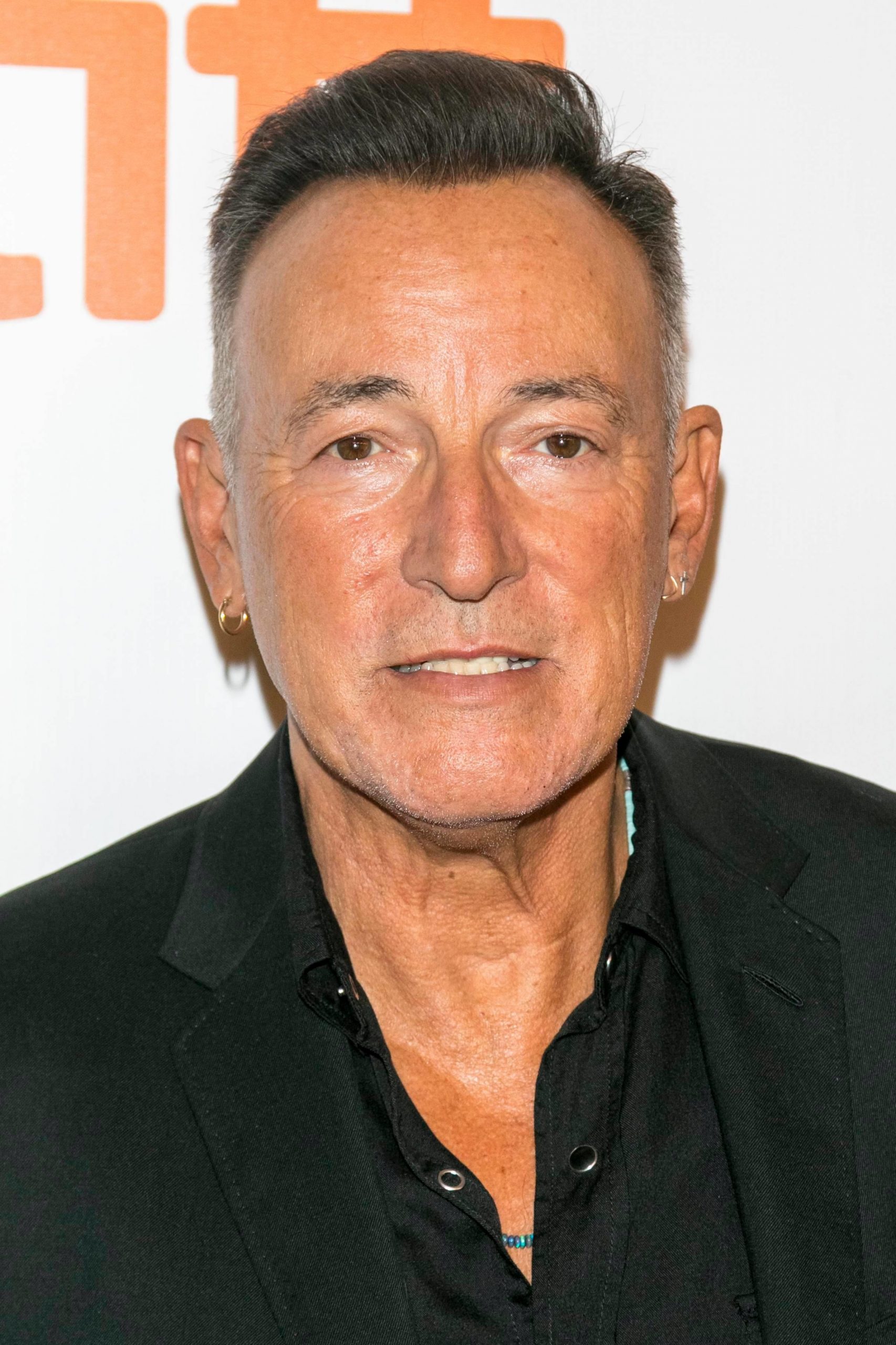The surprisingly dark meaning behind Bruce Springsteen’s ‘Born In The U.S.A.’ song has the internet feeling confused.
Springsteen’s most famous song is also his most misunderstood.
While many think of ‘Born In The U.S.A.’ as a patriotic anthem, it’s actually anything but.
In fact, the song has a surprisingly dark and depressing meaning that most people don’t even know about…
Related Article: Aqua’s ‘Barbie Girl’ Song Has A Dark Meaning And People Are Only Just Realising
Related Article: Sean Paul Doesn’t Actually Say Sean De Paul In His Songs
‘Born in the U.S.A.’ is the title track of the 1984 album of the same name.
That album produced seven Top 10 singles and has sold over 30 million copies worldwide, making Springsteen a household name.
And because of the rousing, chanting chorus, many people mistakenly believe it to be a song in support of the States.
But it’s actually anything but.
As per Medium: “The song is a scathing commentary on the return of American soldiers from the Vietnam War and the struggle and alienation they faced after arriving home.
“It paints a bleak picture of life for those veterans, and many working-class people in general, in an America that simply wants to move on to the good times again.”

NPR Music director Lauren Onkey explained to Morning Edition: “He did a big benefit in the summer of 81 for Vietnam veterans in Los Angeles and met with vets.
“After that tour ends, there’s a number of places where he’s trying to write about the Vietnam veteran experience, so the song grows out of that moment.
“He says, ‘I’m 10 years burning down the road / Nowhere to run, ain’t got nowhere to go’. Those lines, I think, describe so many of Springsteen’s male characters – who are lost, who can’t find a home. The systems around them of jobs and connection are unattainable.”

Springsteen has also spoken out about the reason he made the chorus sound so triumphant and happy, masking the true meaning of the track.
“The pride was in the chorus,” Springsteen told host Terry Gross in a 2005 interview. “In my songs, the spiritual part, the hope part, is in the choruses. The blues and your daily realities are in the details of the verses.”
Related Article: Eminem Proves Something Actually Does Rhyme With Orange
Related Article: Lady Gaga’s ‘Poker Face’ Lyrics Are Very Rude And People Are Only Just Realising
The former governor of New Jersey, Chris Christie, also spoke to WBUR about the misunderstood track.
“With a bandanna on and a cutoff shirt and the fist-pumping, it felt like a celebration of being born in the USA – when really, it’s a defiant song about ‘I was born in the USA, and I deserve better than what I’m getting’. I think plenty of people didn’t get what it was about, including the president of the United States.”
Christie is referencing the cringe-inducing moment Ronald Reagan missed the irony of the track in a 1984 campaign speech, saying: “America’s future rests in a thousand dreams inside your hearts. It rests in the message of hope in the songs of a man so many young Americans admire, New Jersey’s own Bruce Springsteen. And helping you make those dreams come true is what this job of mine is all about.”
Do you have a story for us? If so, email us at [email protected]. All contact will be treated in confidence.






